“And what makes you think you have anything worth saying?”
Even if Lawrence hadn’t paralysed me with his withering stare, I wouldn’t have known how to reply.
Archly, he swept his gaze back out of the little triangular back window of my mum’s red Fiat Uno, appalled, it seemed at having his reverie disturbed by my childish ambitions. I felt foolish at having revealed that I wanted to be a writer, and sillier still that, up until that point, I’d never even thought about what I might have to say. We passed the remainder of the drive to Birmingham in silence.
Although he was adored by women for his catty wit, endless melodrama and Brideshead Revisited comportment, I found Lawrence hard to connect with. As friends of his younger brother, Gabe we seemed to exhaust him. By comparison to his peers at Cambridge, we sixth-formers were crass and boorish and he seemed to take issue with our very existence. Often on the verge of a swoon, I imagined him tucking a tin of smelling salts into his pocket whenever he had to suffer through time in our company. The previous night, three of us had slipped a steaming, family-size naan bread beneath his bed covers and hid in the corner of his room waiting for him to come home. Huddled behind a chair, I was momentarily disarmed to see the pressed and immaculate thermal long-johns he wore to bed. They underscored a fragility and innocence about him I’d not known existed. There was a touch of the fop about them, too.
Even though he was often caustic in his put-downs, there was extra venom in his comments to me in the back of my mum’s car that day. Had he wanted to shame me into silence? Was this how he kept his own artistic dreams in check? Through questioning his right to have them?
In her transcendental writer’s guide, Writing Down the Bones, Natalie Goldberg raps about haiku, the Japanese short-form poetry about which I misled myself for some years.
At one point, she describes the moment in a haiku verse where the poet makes a leap and the reader has to catch up. Often, it’s the moment when something utterly unforeseen happens. This momentary lag gives way to a stopping of the mind, an empty space which, Natalie argues, becomes filled, albeit fleetingly, with God.
I’d never heard it put so well.
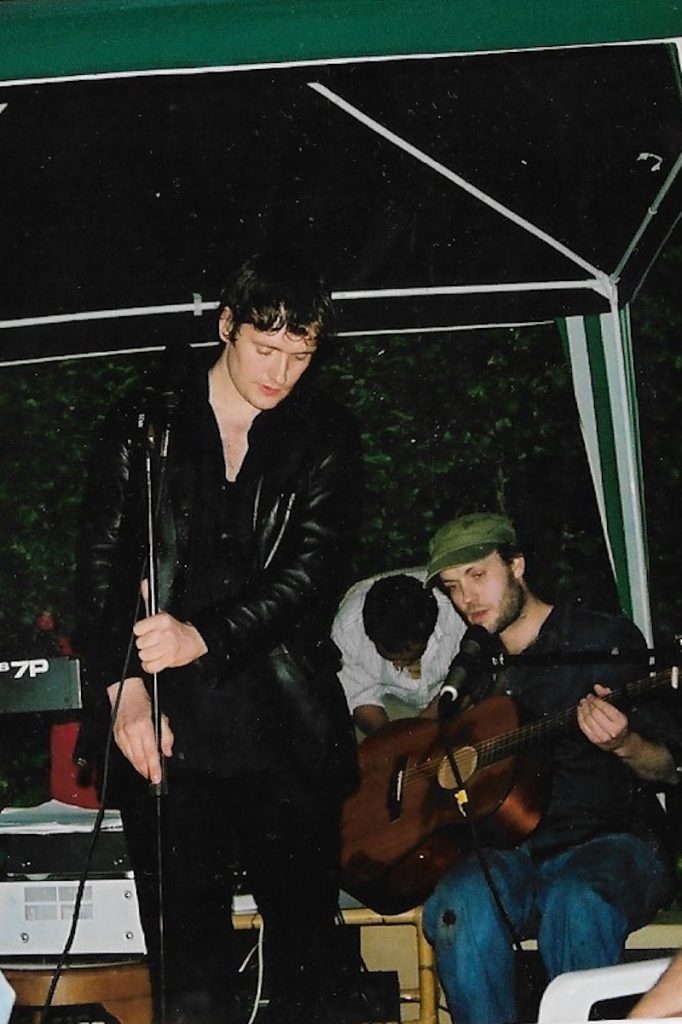
By and by, Lawrence moved to Japan with his English boyfriend, Dermot. Once every few years, and a decade after our set to in the Fiat Uno, he’d come and visit his brother Gabe who I shared a mucky Dalston house with, wafting around the place in a kimono whilst downing gallons of Dr Stuart’s Valerian-infused tea for his jetlag. I remember seeing the mug in the sink the following morning, overflowing with stringy labels.
Nobody in that house-share ever washed up.
“You play well,” he said to me once, planting a cup of tea on the piano with one hand and tightening his kimono with the other. “Where did you learn?”
My owns hands stopped dead on the piano keys, as surprised at his presence as I was by his compliment. I turned to look at Lawrence. He looked uncomfortable, awkward. But he didn’t lower his gaze. This was kindness as risk, a momentary falling of the mask. A moment of connection.
As the moments passed, a calm settled over him and then over me. He smiled, sighed, inspected his empty mug and then left the room.
And time returned. The room unfilled with God.

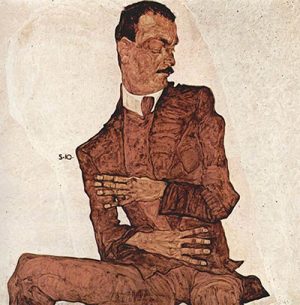
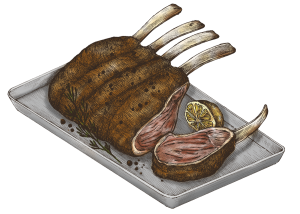


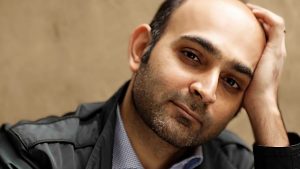

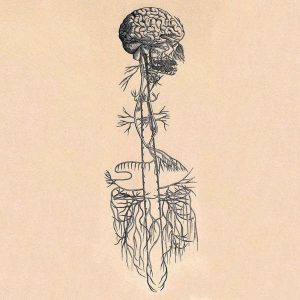

0 Replies to “Kindness as Risk (1/2)”